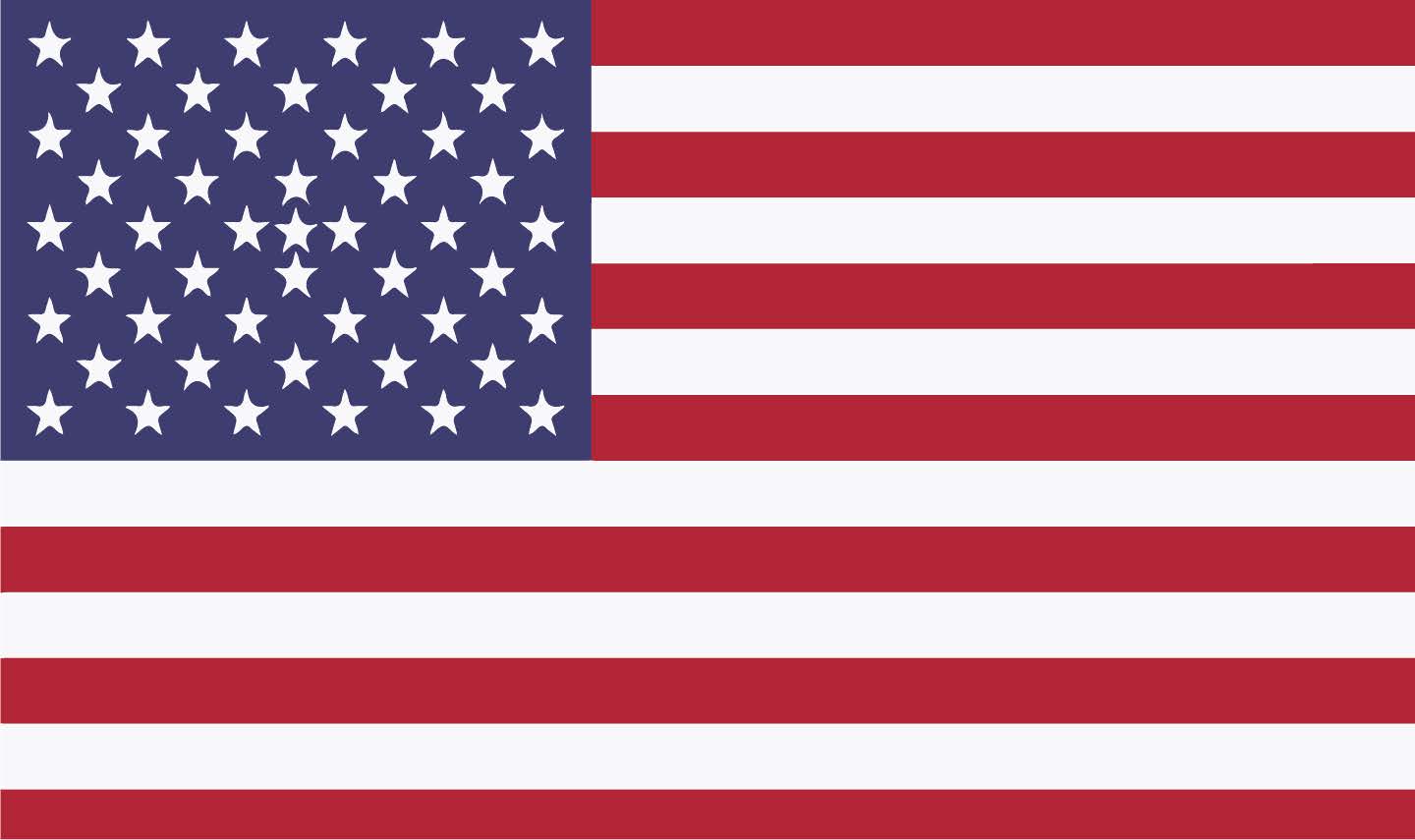 JACOB M. SANTOS
JACOB M. SANTOS
Special to the Leader
During the Fall 2017 semester, Fredonia’s Professional Development Center has continued to coordinate The Democracy 101 collection held every week in Reed Library.
Last week, Carmen Rivera, who serves as the associate dean for the College of Liberal Arts and Science, hosted a lecture titled “Another flag, another state?: Puerto Rico’s political storm.” The topic of Puerto Rico’s political status as a U.S. territory has been circulating in American news media after being devastated by Hurricane Maria in September.
“The title of this lecture is a title of a course I taught in 1998 upon the 100th anniversary of Puerto Rico as a territory of the United States,” said Rivera. “[The territory] was acquired after the Spanish- American war in 1898.”
Rivera spoke in depth about federal legislation that continues to affect Puerto Rico today, most notably the Jones-Shafroth Act of 1917, more commonly known as the Jones Act. Among the act’s numerous components, it states that foreign vessels are prohibited from practicing maritime trade with Puerto Rico.
“This topic became a big issue and was all over the news because other countries such as Panama and Colombia wanted to send goods to the island, but they couldn’t because of this law,” said Rivera.
All foreign goods going to Puerto Rico must go to the U.S. mainland first and be transferred to an American vessel. Over the century, this has caused prices in Puerto Rico to rise by approximately 20 percent — a major barrier to receiving aid providing food, water, medicine and other materials.
Shortly after Hurricane Maria, many Americans demanded that the Jones Act be waived in order to receive necessary imports as soon as possible. After urgent demands from politicians and the American people, President Trump waived the Jones Act, allowing foreign goods to ship directly to Puerto Rico. The waiver, however, was only permitted within a 10-day period, which was a short duration before mandating foreign goods to dock on the U.S. mainland first.
Rivera shifted toward discussing the three political statuses that have been a hot topic in Puerto Rican politics for decades. Shall the island become the 51st state of the United States, an independent nation or remain a U.S. territory with a commonwealth government?
The current commonwealth status was established in 1952, which granted residents of Puerto Rico the right to vote for governor. Prior to this time, the U.S. president appointed someone for the position. The current status, however, does not grant Puerto Ricans the right to vote in federal elections. The territory only receives one non-voting delegate in the U.S. house of representatives.
Should Puerto Rico become a state, it would gain two senators and five to seven representatives in Congress, which would have an influence within the U.S. federal government and the nation as a whole.
Currently, statehood and commonwealth are by far the most popular statuses among residents of Puerto Rico, however its independence movement is extremely vocal. If Puerto Rico was to become a sovereign nation, a number of issues would need to be reviewed in order to ensure a steady transition. Citizenship, immigration, social security, veteran affairs, military defense and currency use are just a handful of issues to be addressed.
Immediately after the lecture, many of the attendees asked questions about the current issues, as well as expressing their thoughts about the matter.
Sandra Lewis, of the Professional Development Center who helps coordinate the Democracy 101 lecture series, attended Rivera’s presentation about Puerto Rico.
“I’m surprised,” said Lewis. “We’re taking advantage of people and we have not taken care of the matter [after Hurricane Maria].”
The discussion among the attendees began to focus on President Trump’s visit to Puerto Rico in October, of which many Americans have criticized his acts to be discourteous.
Junior music industry major Briannie Gabey also attended last week’s lecture. Gabey, who is of Cuban and Puerto Rican descent, voiced her concern about President Trump’s unprofessional leadership when tending to the 3.4 million U.S. citizens living in Puerto Rico affected by Hurricane Maria.
“The way that Trump has been going about it is horrendous,” said Gabey. “We saw it when he was tossing paper towels around at a crowd [waiting to receive food]. It’s sad.”
Some of the other attendees began to discuss how thousands of Puerto Ricans have moved to states such as New York and Florida, which could have a big impact on the 2020 presidential election since they will gain the right to vote.
